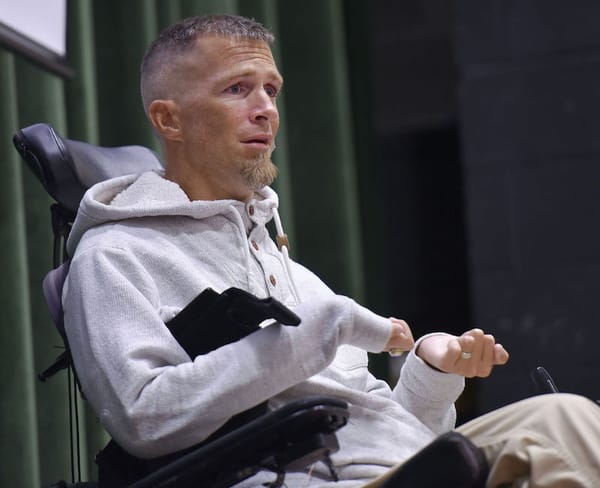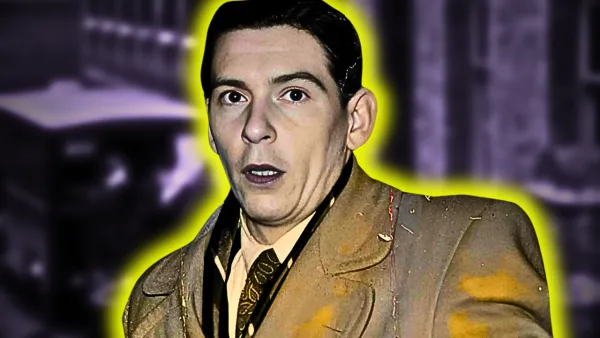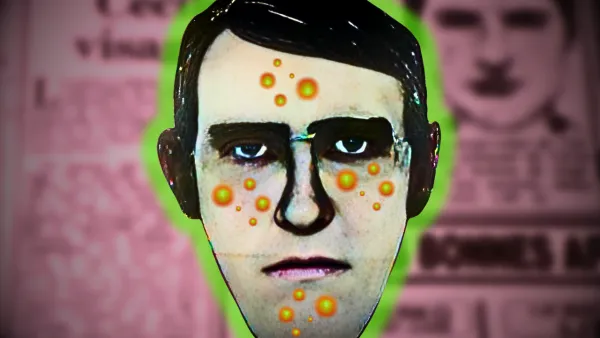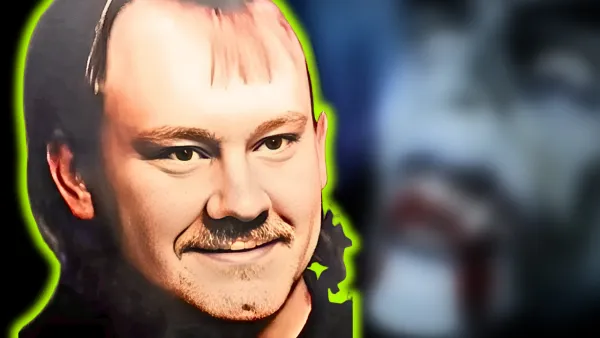“I Speak For Those Who Cannot”: Interview with Antonia Commack MMIP Advocate

As a society, we often pride ourselves on principles of equality, safety, and justice for all. Yet for Indigenous women in North America, these basic rights remain painfully elusive. The Missing and Murdered Indigenous Women (MMIW) crisis has reached epidemic proportions, with staggering rates of violence and a haunting lack of accountability. Antonia Commack, an Indigenous activist who lost two of her best friends to domestic violence, recently shared her powerful story and insights on the Talk Murder To Me podcast. Her words paint a chilling picture of the realities faced by Native women and the urgent need for change.
Follow and support Antonia - https://linktr.ee/alaskammip
Arrest Ian Calhoun now - https://www.change.org/p/arrest-ian-calhoun-now
A Crisis Hiding in Plain Sight
Murder is the third-leading cause of death for Indigenous women aged 15-34. Let that sink in. Young Indigenous women are more likely to be killed than to die of common illnesses. This is a public health and human rights emergency, yet it rarely makes front-page headlines. In 2016, a staggering 5,712 Indigenous women were reported missing, but only 116 were officially logged in the federal missing persons database. The vast majority of these cases receive little to no media coverage, their names and stories fading into heartbreaking obscurity.
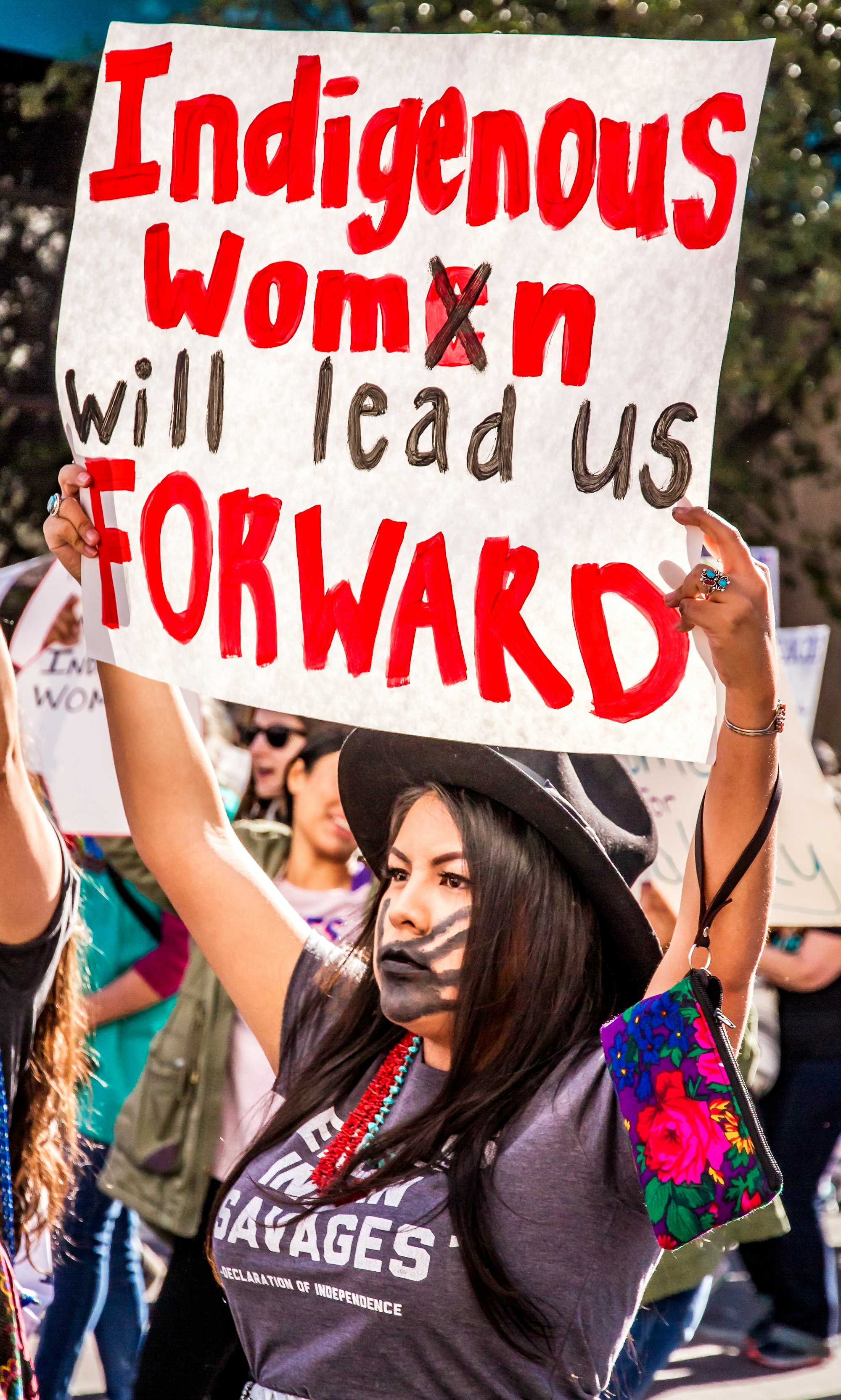
Falling Through the Cracks
One of the core issues perpetuating the MMIW crisis is the complex web of jurisdictions between tribal, local, state, and federal authorities. This often leads to confusion, buck-passing, and a lack of coordination in investigating cases.Without clear protocols and accountability, MMIW cases can languish for years, leaving families desperate for answers. Meanwhile, perpetrators are emboldened by the lack of consequences, free to commit further acts of violence.
Grassroots Resistance and Resilience
In the face of systemic failures and apathy, Indigenous activists like Antonia Commack are leading the charge to demand justice for MMIW victims. Grassroots efforts, including social media campaigns, marches, and community searches, have been instrumental in raising awareness. These advocates are not only seeking to solve individual cases but also to address the deep-rooted societal inequities and devaluation of Indigenous lives that allow this crisis to persist.
The Path Forward
During her interview, Antonia highlighted some promising signs of progress, such as Savanna's Act to improve MMIW data collection and the establishment of the Missing & Murdered Unit within the Interior Department. However, she emphasized that far more needs to be done. Adequate funding, improved data tracking, and seamless coordination between law enforcement agencies are essential to effectively combat the MMIW epidemic. Tribal communities must be empowered to protect their own and bring perpetrators to justice. Most importantly, we must all commit to listening to and centering Indigenous voices in this movement. The resilience and leadership of activists like Antonia should inspire us to join the fight and demand real, systemic change. The MMIW (MMIP) crisis is a stark reminder of the work still needed to build a society where every woman, regardless of race or background, can live free from violence and with the full dignity she deserves. It's time to stop looking away and start taking action to end this epidemic once and for all.


